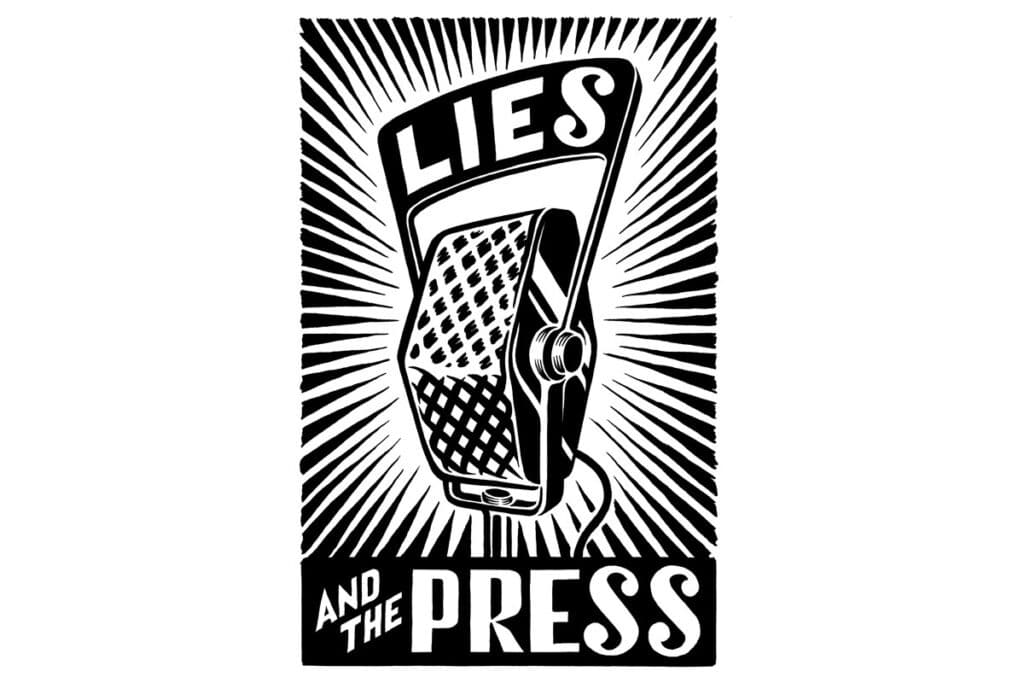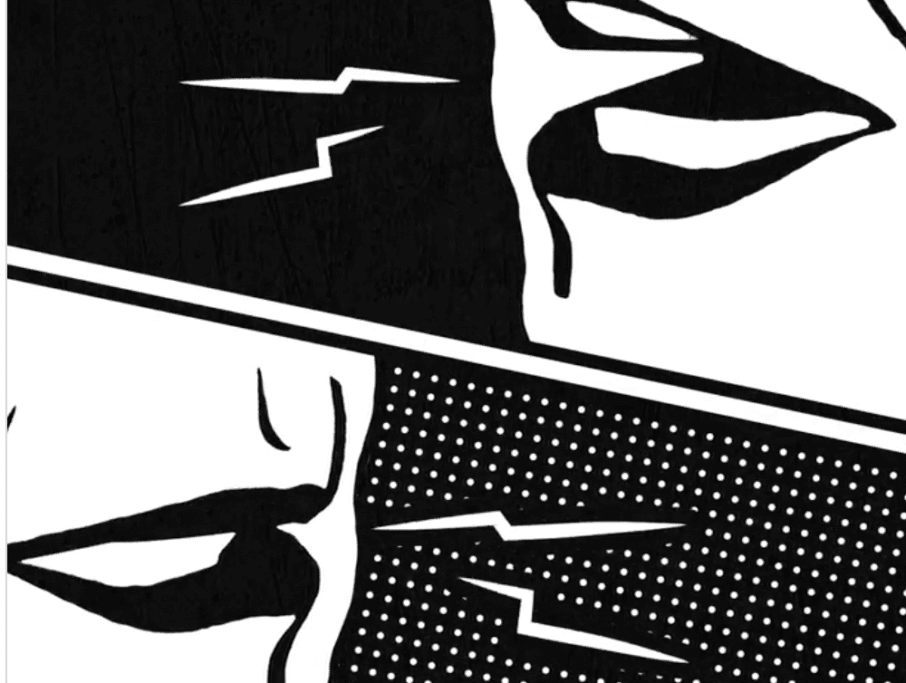Does Sullivan still serve free speech values in the digital age?
Join our founder Carrie Goldberg for a roundtable discussion of whether, in the current media landscape, Sullivan serves free speech values.
 Event description: Knight First Amendment Institute
Event description: Knight First Amendment Institute
Justices Clarence Thomas and Neil Gorsuch have both recently advocated for the overturning of New York Times v. Sullivan, the case that Alexander Meiklejohn described as “an occasion for dancing in the streets.”
For almost 60 years, Sullivan has made it very difficult for “public figures” to successfully sue news organizations for defamation. However, Sullivan has always been a controversial opinion. What some see as an important safeguard of press freedom, others see as an excuse for journalistic irresponsibility.
This roundtable will discuss whether Thomas and Gorsuch are correct that, in the current media landscape, Sullivan no longer serves free speech values.
Does Sullivan still serve free speech values in the digital age?
More generally: Should Sullivan be limited? Expanded? Abolished? And what could, should, or might take its place?
Introductory Remarks:
- Steve Coll, Columbia University Graduate School of Journalism
Roundtable discussion:
- Robert C. Post, Yale Law School
- Carrie Goldberg, Sexual Assault and Privacy Attorney
- Nabiha Syed, The Markup
Moderator:
- Genevieve Lakier, Knight First Amendment Institute
Due to Columbia University’s COVID restrictions, only Columbia University students, faculty, and staff will be able to attend in person. Everyone else is invited to join the conversation online. Click here to RSVP.
New to New York Times v. Sullivan?
It’s a case that was decided in 1964 but the facts still feel incredibly current. It was a landmark Supreme Court case which ruled that First Amendment protections restrict the ability of public officials to sue for defamation. The case focused on a full-page ad taken out in The New York Times by supporters of Martin Luther King Jr. The ad criticized law enforcement in Montgomery, Alabama, for their treatment of civil rights protesters. A Montgomery city commissioner named L.B. Sullivan filed a libel action against the newspaper and four ministers who has endorsed the ad. He claimed that the allegations against the Montgomery police (though the ad did not mention Sullivan’s name) defamed him personally.
Read more:
- Article: Two Justices Say Supreme Court Should Reconsider Landmark Libel Decision: NY Times
- Podcast: United States Courts podcast about the case. Click here to listen.
- Video: Think Legalese video on the case. Click here to watch on YouTube.
- Audio: New York Times Company v. Sullivan Oral Arguments recorded January 06, 1964 – listen here.
- Book: 100 Americans Making Constitutional History: A Biographical History
- Newspaper: Justice William J. Brenan Jr.’s opinion printed in NY Times on MARCH 10, 1964. View here.
- Opinion: Justice Gorsuch in SHKELZEN BERISHA v. GUY LAWSON, ET AL.
- Opinion: Justice Thomas in SHKELZEN BERISHA v. GUY LAWSON, ET AL.
- Learn more about Knight First Amendment Institute at Columbia University here.





